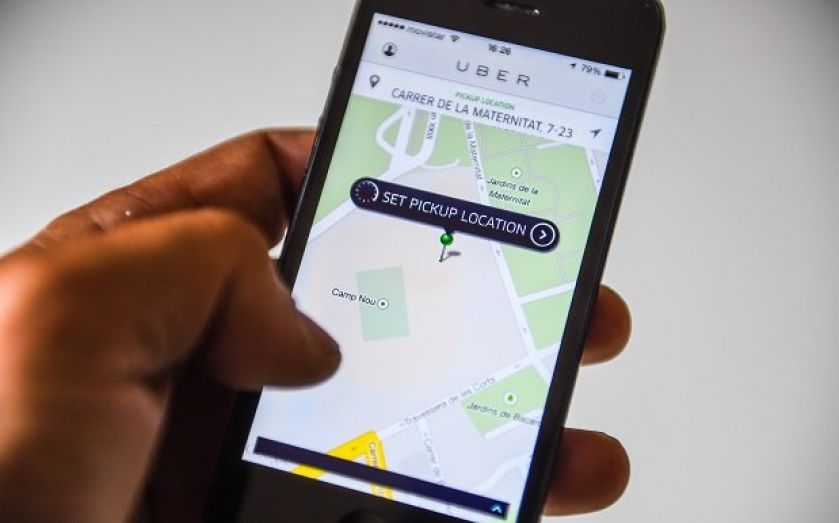Addison Lee chief executive slams TfL over Uber’s rapid entry into London taxi market

Addison Lee's chief executive Liam Griffin has slammed Transport for London (TfL) for allowing Uber such an easy entrance into the London transport market.
Speaking to the Evening Standard, Griffin said TfL had "bottled" it and accused the regulator of "letting down" black cab drivers.
He argued TfL was failing to enforce rules and regulations on Uber that Addison Lee and black cabs have to comply with.
"They decided that they would fold and not enforce regulations that they have done to us for a long, long time on the basis that they are worried about being sued by Uber," he said.
Griffin added that TfL's actions had put its "credibility" in doubt. Uber faced the ire of London's cabbies back in June when the London Taxi Drivers Association (LTDA) organised protests across swathes of the capital.
The LTDA was joined by taxi unions across Europe, who resent the competition and gung-ho attitude of the San Francisco start-up. The protest was mainly targeted at TfL's decision to grant Uber a private hire license.
Tensions have simmered between Uber and the taxi unions over Uber's use of an app used to calculate fares, that critics claim is equivalent to a taximeter, which only licensed black cabs can use.
Boris Johnson waded into the row earlier this year branding Uber's attitude as "excessively bumptious". However, in a word of warning to London's cabbies he added:
The taxi drivers who rage against Uber, you have my sympathy but in the end there has been no more brilliant advocate of the services of Uber, no more powerful advertisers of that particular brand, than the black cab trade
Earlier this month, Uber was valued at a whopping $40bn after it completed a $1.2bn funding round. The taxi app company has been surrounded by controversy and has been banned in a host of cities across Europe.
France's latest backlash against Uber is unlikely to give its chief executive Travis Kalanick sleepless nights, as the company ends the year in 200 cities worldwide.